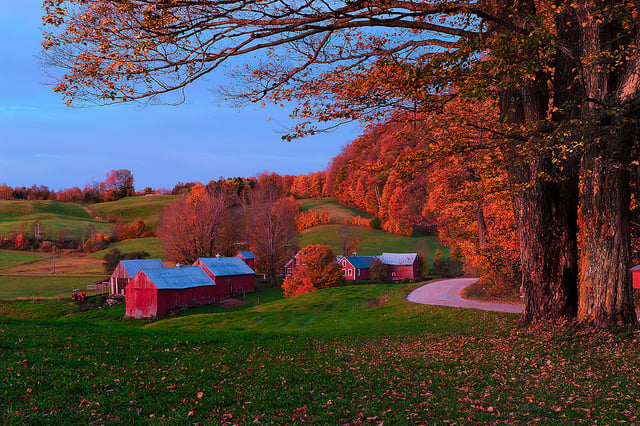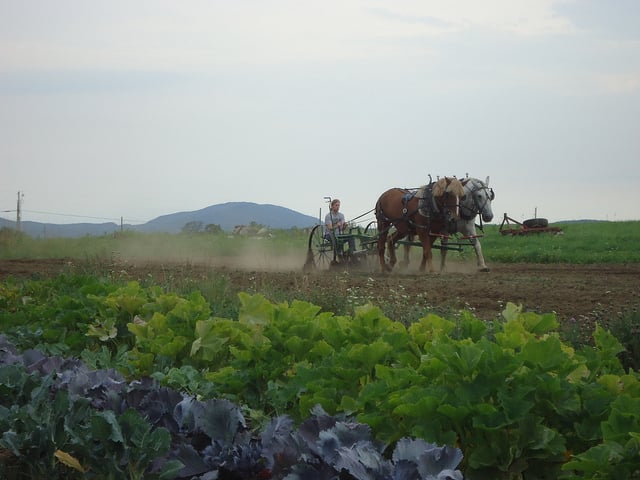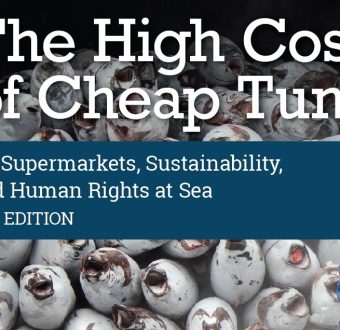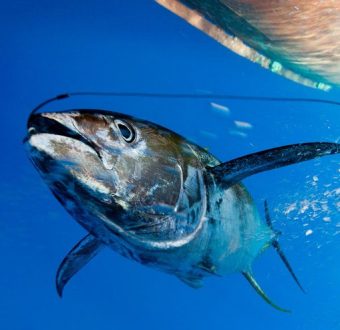With the signature of Governor Peter Shumlin (D) imminent, Vermont will become the first state in the nation to enact a law requiring manufacturers to label food products containing genetically-modified organisms (GMOs). Although this a is victory for people who eat everywhere, its particularly meaningful for me, since I live with my family in northwest Vermont. We grow fruit and vegetables in our yard, pollinated by two hives of bees I keep.
But like everyone else, my family relies on the industrial food sector for much of what passes across our dinner table.
As of 2016, Vermonters themselves not food processors will decide whether or not they wish to eat foods that contain GMOs. While other states have passed GMO labeling laws, those laws all contained trigger clauses, meaning those laws would not go into effect until several other states laws had already gone into effect.
Why the trigger? Fear of lawsuits. Monsanto and other genetic modifying corporations have threatened to sue any state that passes a law like Vermonts. Our legislators knew this going in. My own state Representative Suzi Wizowaty (D-Burlington) warned her constituents as early as April 2013 what might lie in store for us: Even if we win [a lawsuit brought by GMO producers], the effort could likely cost the state $10 million. If we lose, we pay Monsantos expenses as well. To appeal the case further, to the U.S. Supreme Court, will cost more.
In the other legislative body, Senator Joe Benning (R-Caledonia) said, I want to make it very clear Im not voting for this bill because I have some passionate desire to slap Monsanto. This is, in my eyes, a simple request that I have the right to know whats in my product when I buy it. No more, no less.
So we know the odds going in. Vermonts a small state, small budget. We were sued by Entergy and lost, to the tune of millions for the states effort to close a dangerous, outdated nuclear plant. (The plants closing anyway.) We cant afford to go dollar for dollar with a huge multinational corporation like Monsanto, but were going to do it anyway because its the right thing to do.
I ran into Vermont Attorney General Bill Sorrell Saturday (we were planting trees during the states annual green up day). He said hes heard all the fears of costly losing court battles. Its not about money, though, he said. Its about doing the right thing. Were doing it, and were going to defend it to the best of our abilities.

A little more Vermont love for you. This time it’s Jenne Farm, one of the most photographed farms in the US. Photo courtesy of Howard Ignatius.
In the near future, Vermont will be setting up a legal defense fund to allow Americans Vermonters and beyond to contribute to the fight. In recent years, California and Oregon have had ballot initiatives in which GMO producers and their allies swamped the airwaves with scare-tactic advertising. Here in Vermont, corporate lobbyists jammed the halls of the capitol, hoping to stave off our first-in-the-nation law. This time it didn’t work.
Soon, Americans everywhere can take a stand on behalf of the right to know what we and our families eat. We’ll all be able to send a contribution however large or small to defend Vermonts law. (The fund has yet to be established; when it’s up and running, well let you know how to contribute.)
For now, thanks to the brave women and men of the Vermont legislature Democrats, Republicans, and Progressives for taking a stand for all of us, for our health, and for the food that sustains us.




